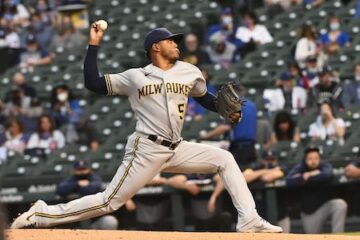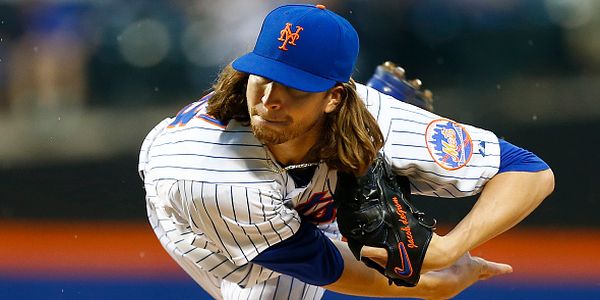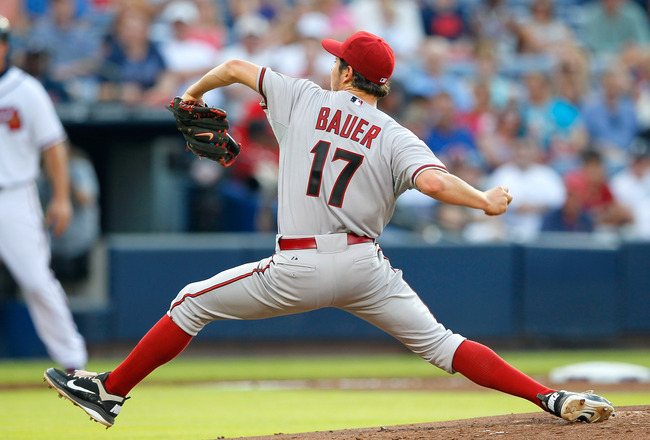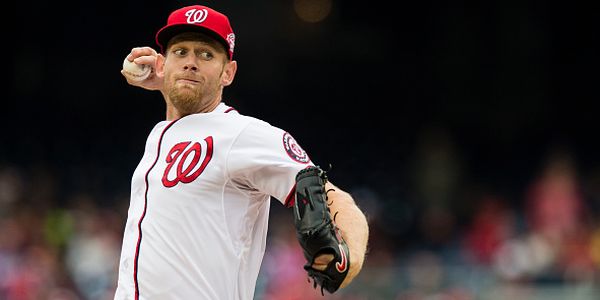2017 Fantasy Baseball: The Fielding Chronicles– New York Mets
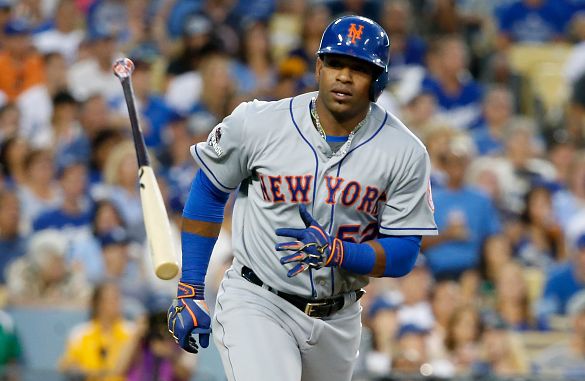
The Mets have been to the playoffs in two out of the past three seasons, so they must be doing something right. Watching different teams reach the playoffs is a testament to the different philosophies that can succeed in the sport. Try as we might, we cannot dictate how a team should build themselves to be successful. The Mets have built around a group of pitchers that collectively miss more bats than just about any group in the big leagues.
The roster from there reflects the fact that fielding might not be quite as crucial as with other teams that don’t have the strikeouts. You could say the Mets are modeled after those famous 1960s and 1970s Orioles teams that seemed to have great starting pitching and just sat around and waited for the three run home run. On most days, they could have as many as six players that have hit 20 or more home runs in a season. When David Wright finally returns to the lineup that will turn into seven.
While fielding might take a back seat, it still will benefit us to pay attention to the strengths and weaknesses on the diamond. We do that by accessing the fielding bible data at billjamesonline.com. We compare the individual and team data there to the overall defense efficiency rating we see at baseball-reference.com. Most of the time, the findings are similar, but occasionally we get some wild variations.
Team Overview
| Infield | Outfield | Shifts | Total | Rank | DER | Rank | |
| 2014 | -10 | +22 | +5 | +17 | 8th | .688 | 10th |
| 2015 | -27 | +32 | +6 | +11 | 7th | .697 | 2nd |
| 2016 | -31 | +17 | +5 | -9 | 12th | .678 | 12th |
Overall, the numbers aren’t terrible. Like most teams, they have areas where they excel and others where they do not. Often managing a roster is a game of mental gymnastics. You can bend and contort your roster as much as you can, but you can’t be good at everything at every position. So, the game calls for you to hide your deficiencies as much as possible and as we will see, the Mets haven’t necessarily done a great job of that.
Of course, like most teams, the best laid plans of mice and men often go awry. The problem with the Mets has been the health of their pitching. When you strike out north of ten hitters per nine innings fielding can appear to be secondary, but as their talented pitchers continue to struggle with their health a group of lesser pitchers must rely on those fielders for their performance.
Strongest Fielder
Occasionally, it all comes together when you spend a boat load of cash. Yoenis Cespedes is the highest paid Met and while they bought him for his power he also has produced plus 18 runs the past three seasons with the glove. Some of that came in center field where he is not a positive impact fielder. When he is allowed to patrol left field he is easily one of the best outfielders in the game. A quick look at some Youtube videos will highlight the skills he brings to the table.
Weakest Fielder
This one is a virtual tie on the left side of the infield with Adrubal Cabrera coming in with minus 32 runs and Jose Reyes coming in with the same over the past three seasons. Fortunately, most of Reyes’ struggles came at shortstop. The Mets can hope he will be neutral at third, but that might be wishful thinking. This brings us back to the whole idea of concealing your weaknesses. When your two weakest defenders play on the same side of the infield you end up giving up a number of weak hits.
Key Changes
A team that goes to the playoffs two seasons in a row doesn’t change a lot. The Mets bring back Lucas Duda to play first base after missing most of 2016 to injury and they start the season with Jay Bruce in right field after adding him at the deadline last year. Bruce is a problematic fielder with minus 13 runs over the last three seasons. Duda has been plus nine runs over the past three seasons, so it comes out nearly in a wash.
Key Pitchers
As we speak, the Mets rotation is in tatters. Noah Syndergaard is on the shelf for a couple of months and Steven Matz hasn’t even gotten out of dry dock. Matt Harvey is ostensibly healthy but has been performing badly so far this year. That leaves only Jacob deGrom out of the famous quartet. He is nearly league average in his groundball rate, so he is neither a sleeper or a candidate to bust.


